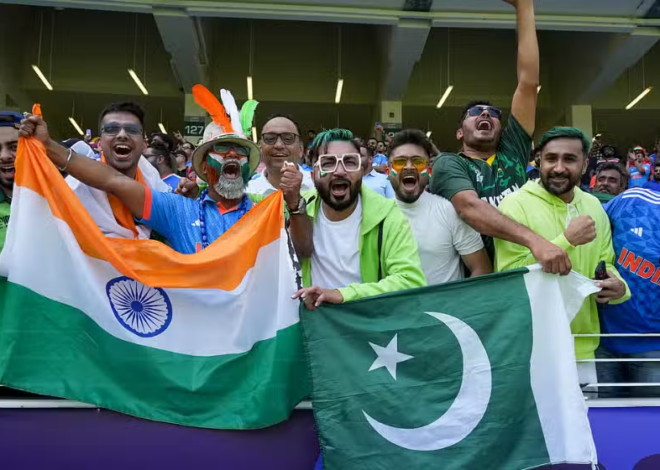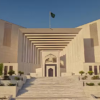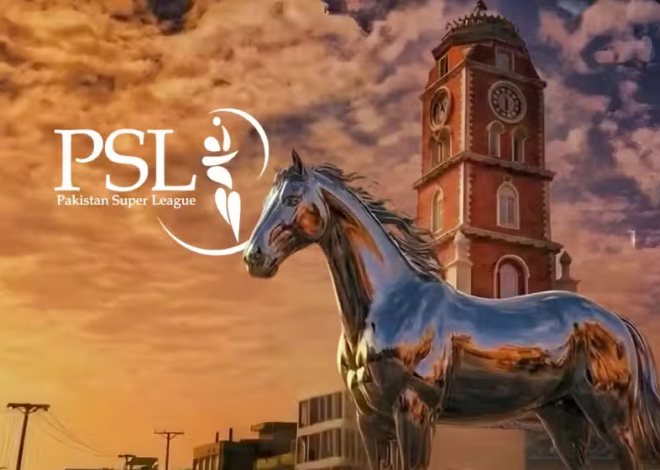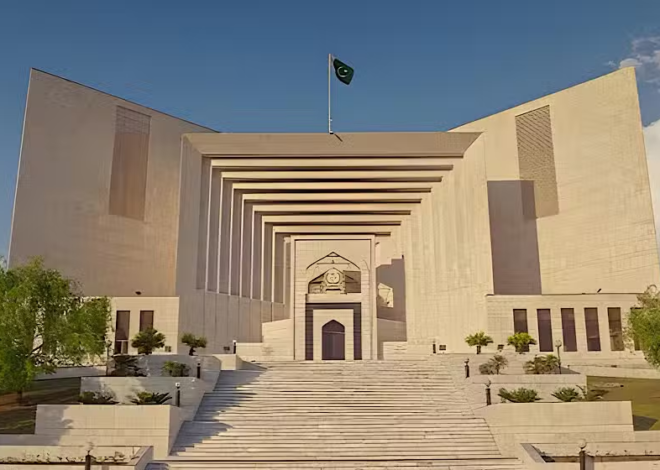
Saudi Arabia to permit alcohol consumption at 600 tourist spots for FIFA World Cup
Saudi Arabia is preparing for a major shift in its tourism strategy, with the government set to change Saudi alcohol law by allowing alcohol consumption at approximately 600 designated tourist spots. This will be the most substantial easing of the kingdom’s strict alcohol policy in over 70 years, just in time for global events like Expo 2030 and the FIFA World Cup 2034.
The shift comes as part of Crown Prince Mohammed bin Salman’s broader Vision 2030 strategy to diversify Saudi Arabia’s economy and reduce oil dependency. Alcohol will only be available to non-Muslim visitors at licensed zones, including luxury hotels and resorts within key tourism developments like NEOM, Sindalah Island, and the Red Sea Project. Importantly, this Saudi alcohol law change does not affect citizens or Muslim residents—who will still be barred from alcohol consumption.
Permitted beverages include wine, beer, and cider, capped at 20% alcohol content. No spirits, retail alcohol shops, or takeaway options will be allowed. All drinks must be consumed on-site, under tight operational oversight and staff training protocols.
Strict Controls and Cultural Boundaries Remain Intact for Alcohol Consumption
While this move is a major development for the tourism industry, Saudi authorities are emphasising strict boundaries. Religious cities such as Mecca and Medina will remain entirely alcohol-free. The alcohol rollout, set for 2026, is designed to attract global tourists without compromising the kingdom’s cultural and religious identity.
The programme will build on the framework tested with Saudi Arabia’s first alcohol shop in decades, opened in early 2024 in Riyadh’s Diplomatic Quarter. That initiative, limited to foreign diplomats, uses a government app, clearance systems, and monthly quotas to maintain control and prevent misuse.
The Saudi alcohol law change is part of a long-term strategy to attract foreign investment, boost job creation, and reposition the country as a global hospitality hub. However, despite these developments, officials have confirmed that alcohol will not be permitted during the 2034 World Cup—preserving the “dry” nature of the event, in line with local culture and regulations.







